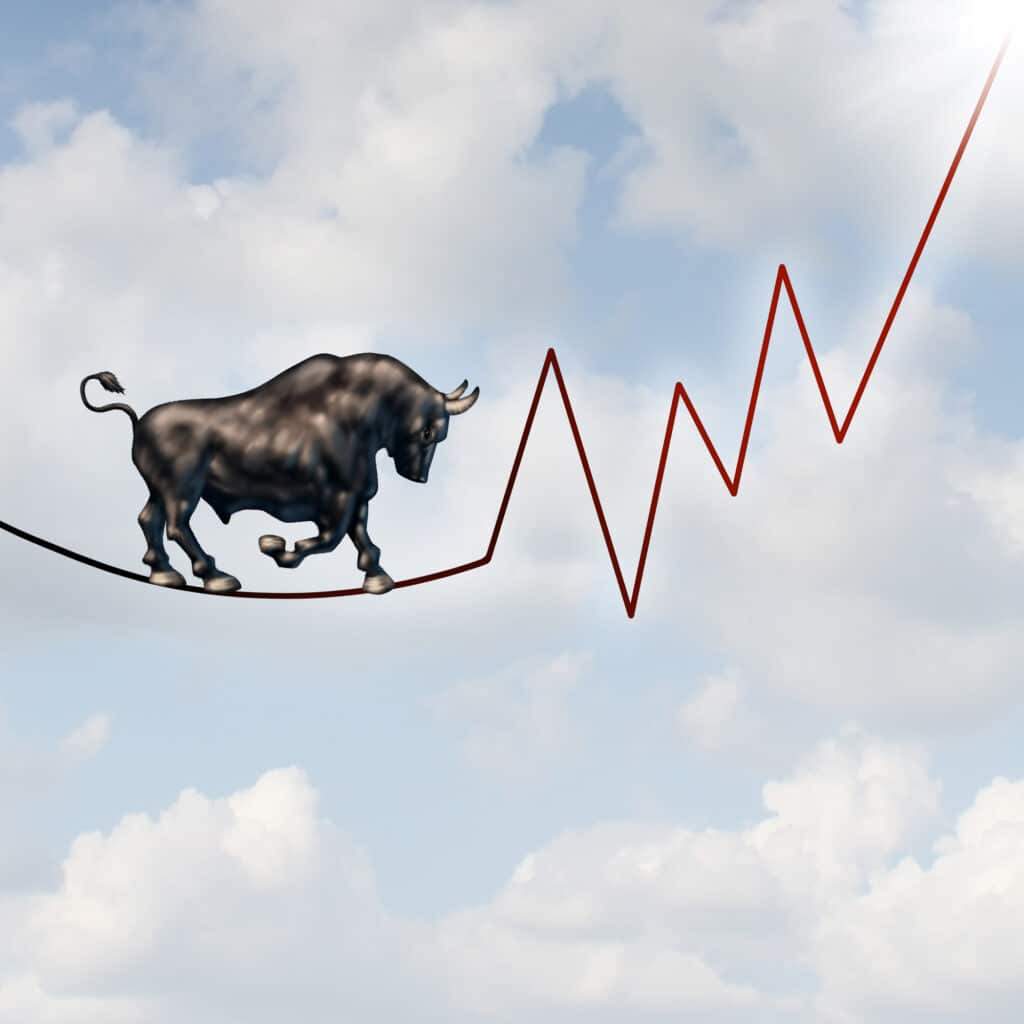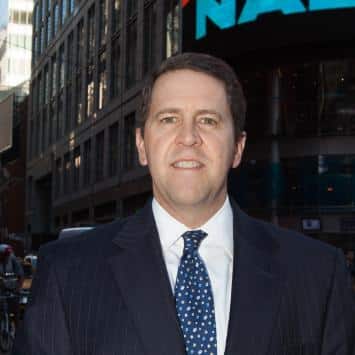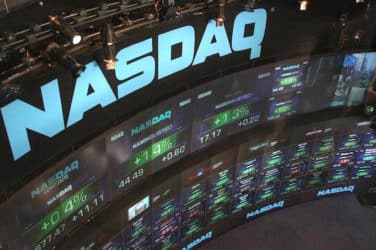
As financial markets gear up for what is expected to be a highly volatile period around the Nov. 3 U.S. Presidential Election, there is a new way for traders and investors to hedge against market fluctuations: Nasdaq-100 Volatility Index (VOLQ) futures contracts.
CME Group today launched futures based on Nasdaq’s VOLQ, which measures 30-day implied volatility of the Nasdaq-100 Index (NDX). The tech-heavy NDX is led by many of the bellwether high-beta names that have driven the market higher in recent years, such as Apple, Amazon, Microsoft, Facebook, Alphabet, and Tesla.
“VOLQ is a megaphone, broadcasting each day the Nasdaq-100 voice about whether it will have a broad or narrow trading range (up and down) over the next 30 calendar days,” Dan Carrigan, Associate Vice President of North American Markets for Nasdaq, told Markets Media.
Importantly, as a single volatility component index, VOLQ focuses exclusively on the options practitioners, hedgers, and traders use most: at-the-money (ATM) Nasdaq-100 Index options. That differs from the Cboe Volatility Index (VIX), which as a triple volatility component index, includes at-the-money, out-of-the-money, and deep out-of-the-money S&P 500 Index options.
“VOLQ makes it easy for you to understand where volatility performance gains and losses are coming from,” Carrigan said. “If VIX is up five points today, there is no way to dissect what part of volatility is attributed. If VOLQ is up five points today, 100% is attributed to ATM volatility.”
VOLQ was a collaboration between Nasdaq and Scott Nations, inventor of the VolDex methodology, which focuses on at-the-money options. The idea was put out to a group of buy-side investment managers back in the fall of 2017; feedback was overwhelmingly positive, Carrigan said, and it moved forward, through development, to final methodology, and now to a futures launch with CME.
Ultimately, VOLQ enables institutional and retail investors to protect against the kind of market risks that saw stocks drop by about 30% over a five-week period in February and March, amid the gathering storm of COVID-19.
“A pension fund can allocate funds to 10 different advisors to lower investment style risk, but the fund cannot solve for market volatility,” Carrigan said. “If the pension fund wants to hedge a massive increase in volatility, it can use VOLQ futures and one-day down the road options.”
For an institution, VOLQ is a pure play on increases or decreases in volatility via Vega, which is the impact of a single percentage point change in implied volatility on an options position. For a retail investor, VOLQ futures can allow for a longer holding period in underlying NDX stock positions, meaning the investor does not have to sell amid high volatility and owe capital gains taxes.
For all market participants, VOLQ is meant as a complement to VIX, as its design is additive to the growing volatility marketplace.
“We’re pleased to further build on our longstanding, successful relationship with Nasdaq to offer these new futures contracts on the innovative Nasdaq-100 Volatility Index,” Tim McCourt, CME Group Global Head of Equity Index and Alternative Investment Products, said in an August launch announcement. “VOLQ futures respond directly to growing demand for tools to hedge portfolio volatility exposure or trade at-the-money volatility on a leading global benchmark equity index, the Nasdaq-100.”
Going forward, the expectation is for VOLQ volume to ramp up gradually as market participants gain an understanding of its utility. “Adoption will take time as both Nasdaq and CME strive to educate traders on value in using VLQ futures to help manage portfolio risk,” Carrigan said.







